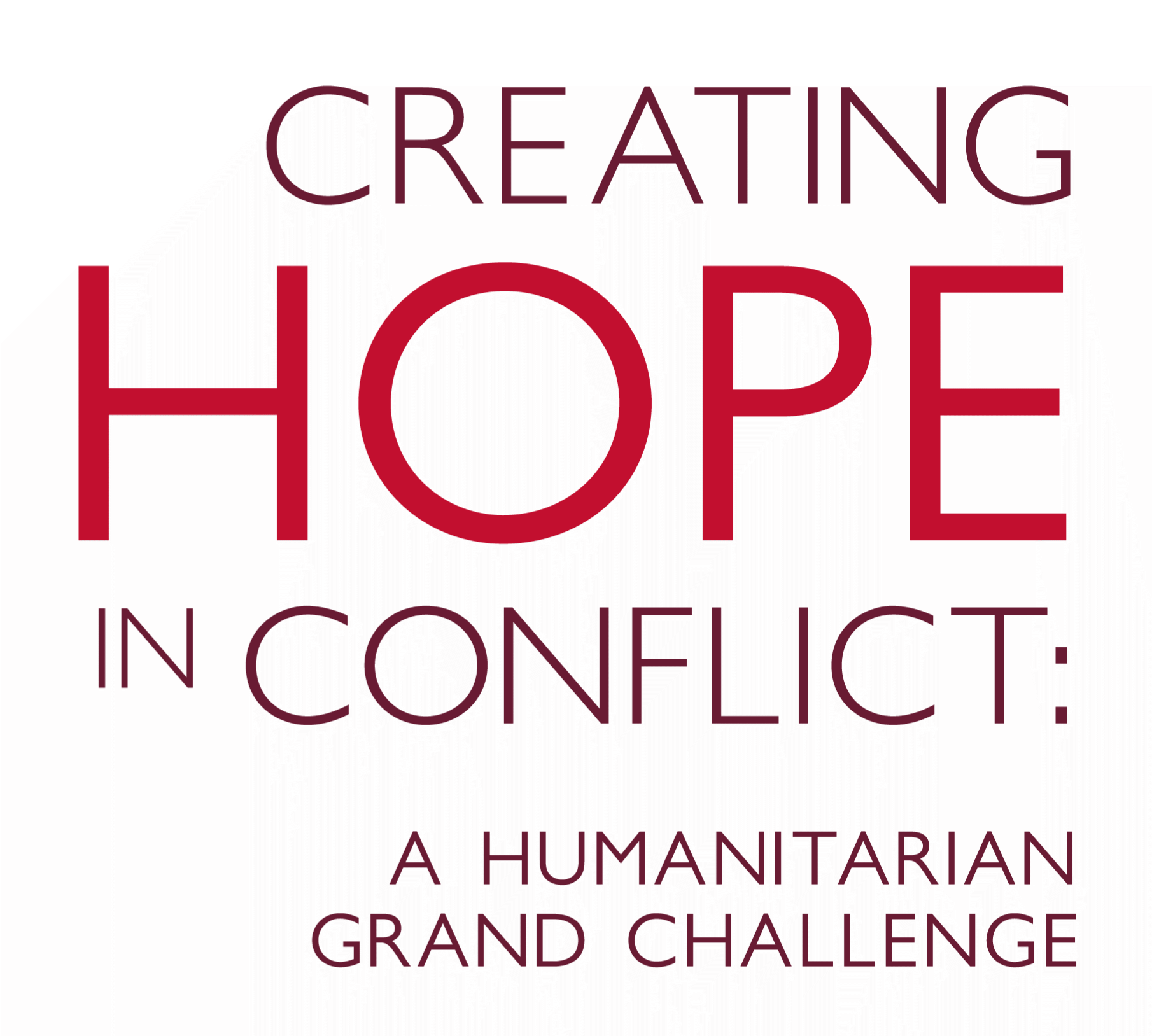Redesigning Mobility Aid to Function in Challenging Environments and Limited-Resource Settings
THE CHALLENGE
Humanitarian crises affect people living with disabilities in unique and complex ways. Conflicts result in increased disabilities caused by injury from shelling, building collapse, and malnutrition. While 1 in 10 people living with disabilities has access to assistive devices, traditional crutches are not well suited to uneven, unpaved grounds often found in conflict zones and refugee camp settings and are therefore often abandoned by users. Lack of mobility becomes an increased barrier to the safety and well-being of people living with disabilities in these settings, which compounds the humanitarian challenges they already face.
THE SOLUTION
To develop more suitable mobility aids for people living with disabilities in refugee camp settings, SUNY Korea successfully designed and tested an innovative crutch shoe prototype adapted to the terrain of the refugee camp in Bangladesh’s Cox’s Bazar. It was designed to serve as an alternative to conventional wheelchairs and crutches less suitable for uneven, sandy, and muddy surfaces. Under CHIC funding, the project team developed six designs and tested them in the lab, then selected the best two for field testing. A total of 50 refugees within the camp were given these two designs, after which the team produced 400 sets of the “winning” crutch shoe and distributed 100 within the camp and 300 to surrounding health outposts. A total of 400 end users benefited from the new prototype, and interviews from a subset of 28 users showed that the crutch shoes made walking more manageable and, in many cases, enabled participants to secure employment and/or education opportunities by improving their mobility. To further assess the impact of the shoes on overall mobility while keeping with pandemic travel restrictions, the team developed an online software to conduct gait analysis remotely. The results of this assessment have now been published in an open-source journal and the team plans to continue testing for further validation of results.
